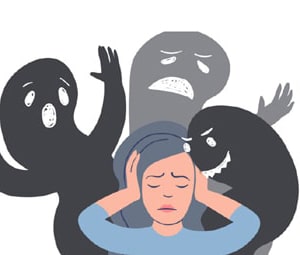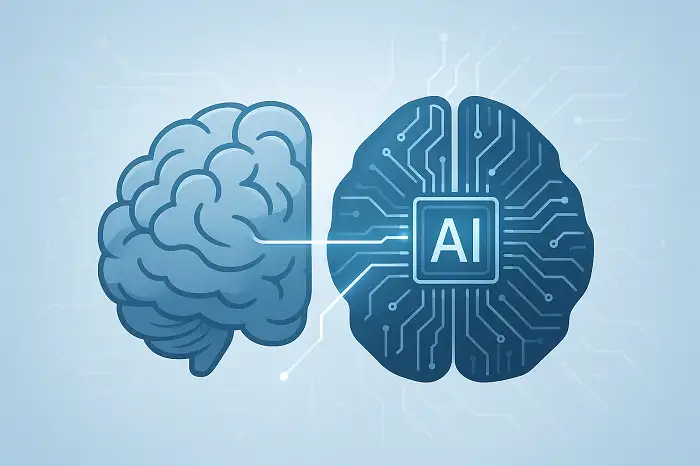Schizophrenia | IELTS Listening Practice Schizophrenia | IELTS Listening Practice Selected Text (below 500 words) Source: https://www.nimh.nih.gov/ Schizophrenia is a chronic and severe mental disorder that affects how a person thinks, feels, and behaves. People with schizophrenia may seem like they have lost touch with reality. Although schizophrenia is not as common as other mental disorders, the symptoms can be very disabling. Signs and Symptoms Symptoms of schizophrenia usually start between ages 16 and 30. In rare cases, children have schizophrenia too. The symptoms of schizophrenia fall into three categories: positive, negative, and cognitive. Positive symptoms: “Positive” symptoms are psychotic behaviors not generally seen ...
Home » Listening Practice in English » Schizophrenia | IELTS Listening Practice

Schizophrenia | IELTS Listening Practice
Updated: by Dr. Mohammad Hossein Hariri Asl
Time to Read: 2 minutes | 389 Views | 13 Comments on Schizophrenia | IELTS Listening Practice
Share This Post
About the Author
Dr. Mohammad Hossein Hariri Asl is an English and Persian instructor, educator, researcher, inventor, published author, blogger, SEO expert, website developer, entrepreneur, and the creator of LELB Society. He's got a PhD in TEFL (Teaching English as a Foreign Language).
Number of Posts: 4242



6. What is the meaning of “noggin”?
Thank you for making this question. I just wonder whether this questions has anything to do with schizophrenia or not.
5. What is the treatment for/of schizophrenia which is on the horizon?
Thank you for this question. It’s absolutely crucial to stay informed about the significant breakthroughs in treating or mitigating schizophrenia.
5. Which age group is more susceptible to schizophrenia?
4. What are the main causes of Schizophrenia?
That’s a very good and useful question about the underlying causes of schizophrenia. We’ll surely discuss them in our next online class.
3. What treats Schizophrenia?
As far as I know, there are neurological and cognitive treatments for schizophrenia. However, I look forward to sharing our information and findings with each other on this question.
what are the main symptoms of Schizophrenia?
Corrections:
This is question No. 2.
what ➡ What
what is Schizophrenia?
Corrections:
Put a number before you questions.
what ➡ What